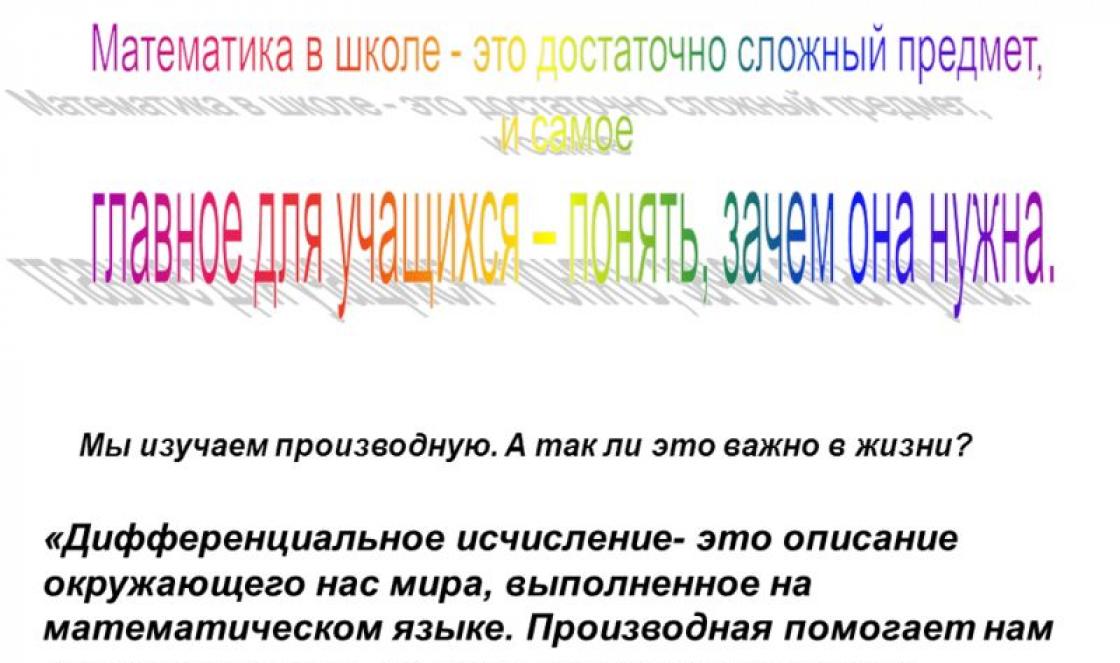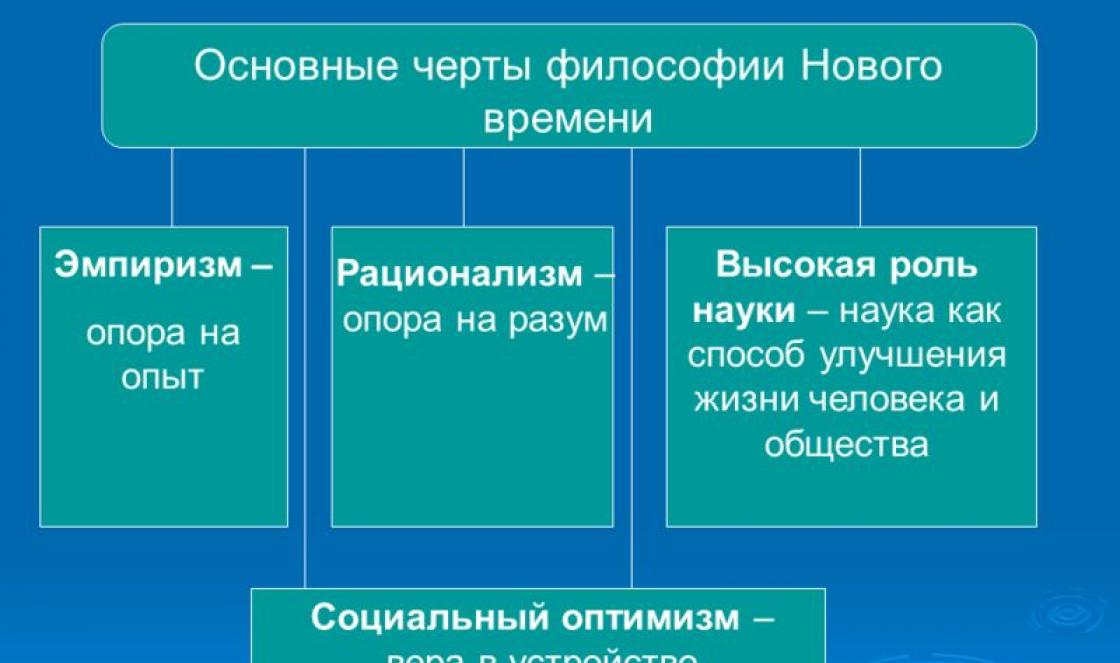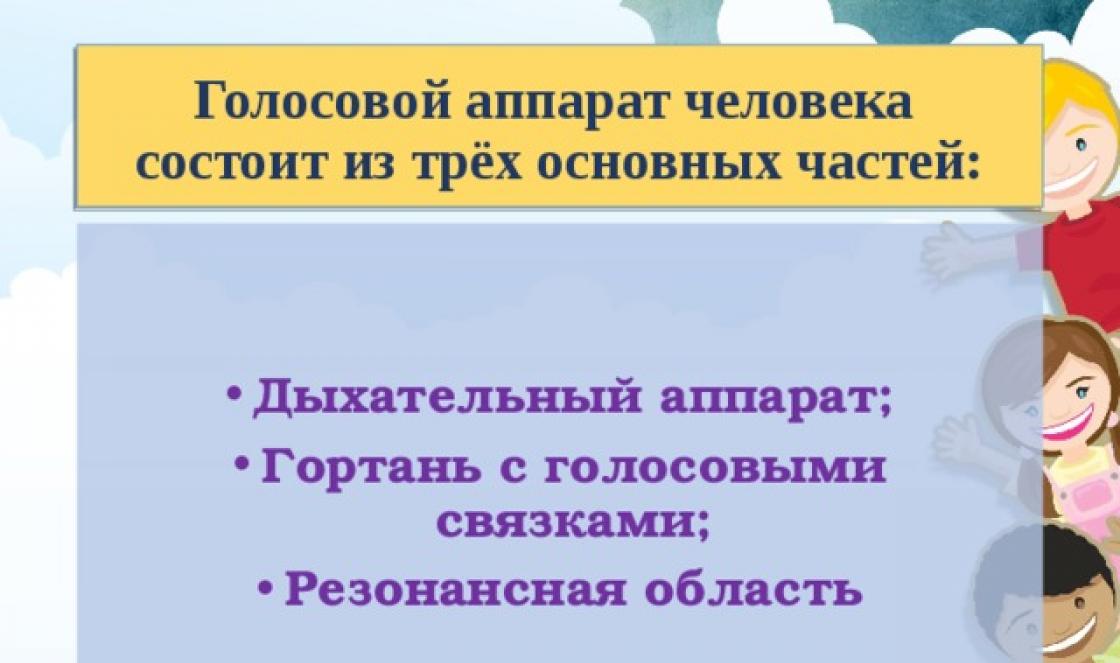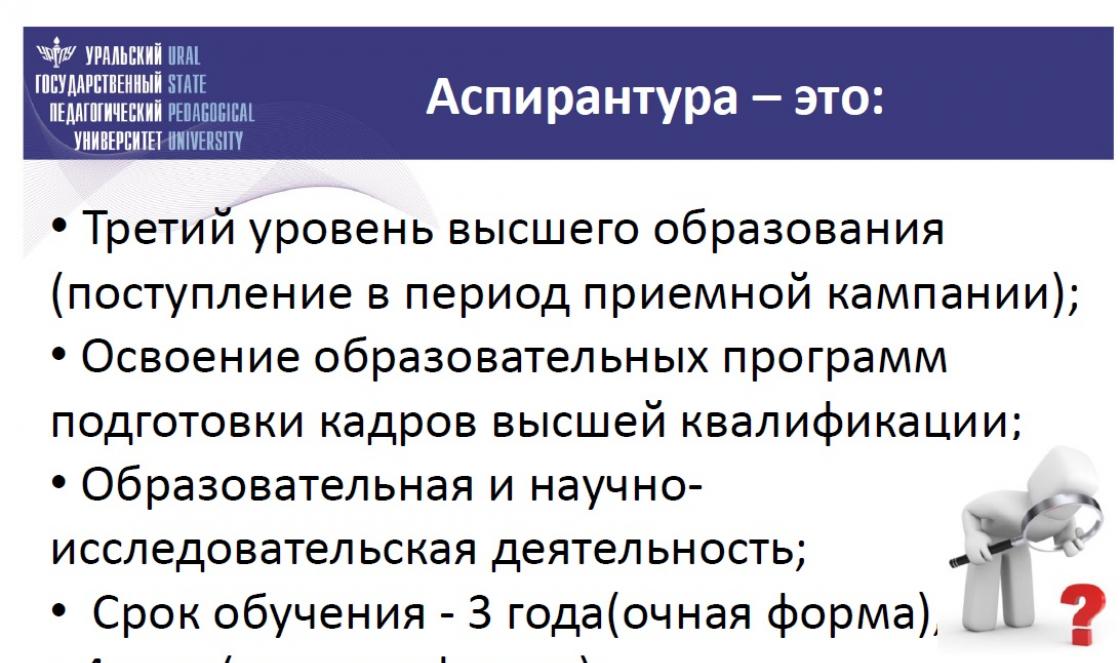As specified in the message, the opening of the hotline is due to "increasing reports in the media that some parents of schoolchildren are forced to buy various things for the school at their own expense," in particular, desks, textbooks, computers, curtains; in the same list - gifts to teachers and fundraising for repairs and security.
PUBLIC CHAMBER of the Russian Federation(OP) - an advisory body created to communicate between civil society and the state. Among the objectives of the OP is to ensure public control over the activities of executive authorities, to conduct an examination of key bills, to accumulate and generalize public proposals submitted for consideration to the President of the Russian Federation. The decisions of the Chamber are exclusively advisory in nature.
At the same time, the current legislation of the Russian Federation guarantees the right of every person to education, which should be provided free of charge.
"Citizens can report requests to donate money or buy something for the needs of the school ... All requests will be considered and sent to the appropriate supervisory authorities," the OP said in a statement.
All requests received from parents will be forwarded to the supervisory authorities.
Some school directors reacted to the situation and warned schoolchildren and their parents about the inadmissibility of collecting any fees and "donations" by class teachers. Also, it was mentioned about the inappropriateness of mass purchases of flowers for the first of September and other school holidays.
You can contact the hotline by calling 8-800-737-77-66. A call from any region of Russia is free. Opening hours: Monday to Thursday from 9:00 to 18:00 and Friday - from 9:00 to 16:45.
Bribe- accepted by an official material values(items, money, services, other property benefit) for an action or inaction in the interests of the bribe giver, which this person could not or should not have done due to his official position. The act of giving and accepting a bribe is illegal in most countries and falls under the Criminal Code. Receiving and giving a bribe to civil servants - in the criminal and criminal procedure code of the CIS countries is called bribery and is a complete synonym for the term corruption.
In Russia, school time for parents means serious expenses. At the same time, as practice shows, requisitions are in the first place in the expense item. They meet in real life almost everywhere. Units of school institutions in the Russian Federation are completely free. Are there regular requisitions at school? Where to complain in this case? And is it even worth it to do so? We will have to answer all this later.
Legislation
What does the law say about this? Before, everything was simple and clear. Every citizen of the Russian Federation, according to the Constitution, has the right to receive free school, preschool and secondary vocational education. It is enough to study Article 43 of the mentioned code of laws.
Requisitions at school? Where to complain? Every parent should think about this question. After all, the current legislation indicates that education in schools should be free.
New norms
At the same time, in 2013, some changes were made to the law "On Education". Article 101 states that educational institutions can provide paid services.
Only here there is one caveat - they should not be imposed. Parents must conclude a separate contract with the school for the provision of paid services and only after that transfer funds to the account of the educational institution.
School funding sources
Extortions from parents in schools? Where to complain about them? First you need to figure out what you still have to pay for.
In total, educational institutions have several sources of income:
- federal funds;
- regional budget;
- schools' own money.
Accordingly, educational institutions can collect funds for their needs in one way or another.
About federal payments
Now a few words about each type of funding. Let's start with federal payments. They are allocated to educational institutions from the state treasury from year to year.

This money is used to pay teachers' salaries, to modernize the school, and to buy textbooks and workbooks. In addition, new equipment and benefits are purchased from the federal budget.
Do extortions in schools violate the rights of parents? Where to complain in this or that case? To accurately answer all of this, you'll have to find out which fundraisers are legal.
Municipalities
The next type of funding is the funds of the regional budget. Each city annually allocates enough money for school institutions.
What are these funds spent on? They must go to maintain the school and to repair it. Municipalities usually have no problems with financing.
Own savings
Where to complain about extortion at school? It is worth paying attention to the fact that collecting money in school institutions is not always illegal. Under the new rules, paid services can be provided to parents and students. And, accordingly, citizens will have to pay. This is fine.
The school's own budget is formed from voluntary (this is important) donations from parents and organizations, from renting out property, as well as from paid services and charity. These are the main sources of income.
But it is not entirely clear what you need to pay for, and what really is requisitions. Let us consider typical situations in schools in more detail.
Basic expenses
Where to complain about extortion at school? Chelyabinsk or any other city in the Russian Federation is not so important. The main thing is that such cases are considered in the same bodies. But about them later. First of all, we must understand when the rights of parents and children are really violated.

Most often, meetings collect money for workbooks, textbooks, manuals, school supplies and also on renovation class. Oddly enough, but for manuals that are not included in the standard school curriculum, you really have to pay. But no more. There is no need to transfer money for notebooks and textbooks financed by the state budget. It violates the rights of parents.
And what about the repair? Everything depends on the situation. If one of the parents wants to install a new desk for their child or update the entire class, then it is the initiator who must pay. Others should not be forced to allocate funds for new school furniture.
However, most often the initiator is classroom teacher or even a director. In this case, we can assume that the parent faced extortion at school. Where to complain? If the proposal came from teachers, you must immediately contact the director. It is desirable to record the fact of extortion in one way or another.
Additional expenses
As we have already said, not all fundraising in schools can be called extortions. What situations do not violate the rights of parents and students?
Meetings often raise funds for security, cinema and performance visits, hikes, cultural events, trips and holidays, paid courses, food - you really need to pay for all this. After all, such expenses are not included in the list of mandatory for school institutions. Parents can opt out. You will not have to collect money, but in this case the child will not take part in this or that event.
Present
Fees at school? Where to complain? Minsk, Moscow, Kaliningrad - it's not so important. After all, such situations are considered in most countries and regions in the same bodies.
Is it possible to call collection of funds for gifts to teachers, principal, children and school exactions? To some extent, yes. After all, gifts are voluntary. And if someone does not want to fold, you cannot force him to do so. Moreover, expensive gifts are still prohibited in Russia. They can be seen as a bribe. This threatens both parents and teachers with criminal liability.

School items
With the introduction of new changes to the law "On Education", some schools began to actively raise funds for conducting certain lessons. Not electives, namely school classes.
Such an incident is a real violation of rights. Schoolchildren are required to provide a complete school curriculum free of charge. But you will have to pay for voluntary additional classes. But, as we have already said, in this case, the parents enter into an agreement with the school institution. And only after that there is a payment for classes.
Parents don't want to pay? Nobody can force them. It’s just that the children of such people will not attend additional classes, which, by the way, should go beyond the scope of the school curriculum. It is forbidden to cut it.
In Russia
Requisitions at school? Where to complain about them? In Russia, you can apply not only to the director, but also to a special portal. It is enough to visit the site narocenka.ru and leave a complaint here.
As a rule, activists will take note of all the dissatisfaction of the parents, conduct an investigation, and then help get rid of the extortion. But this is not the most popular solution. Moreover, it takes place only in Russia.

Administrations
Found extortion at school? Where to complain? Minsk or Moscow is not so important. After all, regional administrations work with similar situations. They are in all countries.
For example, you can call the helpline (it is specified in help desks), and then report the fact of illegal fundraising. It is advisable to have some evidence with you.
In addition, a citizen has the right to file a complaint with city administration directly. This is a fairly common occurrence. In this case, it is better to immediately attach evidence of your innocence. Such a technique will save time on checking the school.
Prosecutor's office and courts
Requisitions in schools? Where to complain? Kazakhstan or any other locality - this fact does not play a role. In real life, if a parent's rights are violated at school, you can go to court or to the prosecutor.
It is this scenario that quickly moves things off the ground. Each region has its own courts and prosecutors. They will inspect the educational institution. If the fact of extortion is confirmed, the director will have problems up to criminal liability.
Ministries
Still held requisitions at school? Where to complain? In Voronezh or in any other city of the Russian Federation, it is allowed to apply to the Ministry of Education. Here, as a rule, complain in case of violation of teachers and parents.
It is better to go to the ministry if the appeal to the director did not help. And after that, act through the courts and the prosecutor. As practice shows, such a technique is very effective.

Pay or not?
However, more often than not, parents do not have time to investigate and file numerous complaints. Therefore, we have to look for a way out of this situation in a more peaceful way.
Illegal fees found at school? Where to complain? Now everyone can answer this question. But is it worth it to donate money at extortions at all?
There is no single answer. Someone agrees with such situations, considering them the norm. Some categorically do not donate funds for certain services, fighting for their rights. Everyone is right in their own way.
In Russia, most often after the refusal of parents to donate money for something, a real persecution of children from families who refuse to pay fees begins. It mentions that it shouldn't be. All requisitions in schools must be voluntary.
If you have the strength and time to deal with the situation, you can not hand over the money. In this case, the child will have to be prepared for a series negative consequences. The “refuseniks” are rarely treated well. In other cases, parents donate funds at meetings and then complain to various authorities. This practice is becoming more and more common.
Payment in cash and "non-cash"
Requisitions at school? Where to complain in Minsk? It is better to act through the principal of the school, as well as through the city administration, only as a last resort go to court or the prosecutor's office.
It is worth paying attention to the fact that when raising funds for school needs, all transfers must be non-cash. The money goes to the account of the institution, and then payment for a certain service is made.
It is forbidden to collect cash in schools, but it is rather difficult to prove such fees. It is this scenario that occurs in real life almost everywhere. It is important to remember your rights and protect them by all means.
How not to give up?
From the foregoing, it follows that requisitions in schools are very common. And parents agree to them so that the children do not have problems. But how can you not pay?

Firstly, it is allowed to simply refuse imposed services and purchases. This means going into conflict.
Secondly, you can offer your help in any other form (except financial). For example, independently paint the floor or walls in the classroom.
Thirdly, the parent committee can open a separate account. All operations on it will be carried out officially with detailed reports and instructions where certain funds went.
In any case, there were almost always extortions in schools. And with them, despite the discontent, almost all parents agree. If educational institution requires to donate funds too much and often, you will have to defend your rights in the relevant authorities. There is such a practice in Russia, but it causes a lot of trouble for both parents and children. Many are ready to put up with minor extortions. Where to complain about extortion at school? In Moscow or in any other city, such cases are often considered by the prosecutor!
Maybe this mommy didn't have a good day and she fell for the poor granny. But seriously, I also would not want some granny to feed my baby with sweets too. In general, I try to protect the child to the maximum from artificial dyes, sweets and chocolate, he knows less goodies, he sleeps more soundly. It is better to give a carrot, apple, marshmallow or kazinak.
Granny on the street fed sweetsThe course of the author's anti-vaccination thoughts is understandable. Only the process of the author's thinking did not reach the result - a qualitative understanding of the considered process with an awareness of the cause and consequences of it. And this is a qualitative increase in the awareness of the processes taking place in society with access to the understanding of processes that are invisible and intangible at first. You can't fight what you can't see or feel. Of course, you can complain out loud: this is not so, this is not so, only there will be no sense until there is a qualitative awareness of the information received. Then it will become clear: here, there is such and such a process, resources are taken from here, the result of the process is such and such. It will become clear, but is this a natural process at all? If the process is launched on purpose, who benefits from it and what bonus is received by the process launcher. The consequences for the process selected by the authors are usually of no interest to anyone, since this is how it is conceived from the very beginning. From here it will become clear what actions should be taken in order to achieve a specific positive result for oneself and not only for oneself. Now, if the author of the article considered the subject. articles thoroughly, showing what is hidden, but exists objectively and really, it would be useful to all readers, maybe someone thought about it, what for ..., what ...., and what should be done? All the best.))
For parents who are forced to buy things for schools or pay for various services, a special hotline.
Before the new academic year, more and more citizens began to complain to the media about the systematic collection of funds in secondary schools. The reasons can be different: repairs at the school, the need to pay for the work of a security guard, gifts for teachers, the purchase of textbooks, new curtains or desks, computers, etc. So, a resident of Kalmykia said that at the school where her child went to study, parents were asked to buy school desks for the class, the press service of the RF OP reports.
At the same time, according to the first deputy chairman of the Commission of the RF OP for the development of education and science Ludmila Dudova According to the current legislation, including the Federal Law “On Education”, every citizen of the Russian Federation is guaranteed the right to education, and this right should be provided free of charge.
Therefore, members of the Civic Chamber decided to organize a hotline “School fees: illegal demands or necessary measure". Calling on the phone 8-800-737-77-66 , anyone can leave a complaint about illegal extortion at school (a call from any region of Russia is free). Hotline working hours: Monday-Thursday from 09.00 to 18.00 (Moscow time), Friday - from 09.00 to 16.45 (Moscow time).
According to the forecasts of the initiators of the hotline, messages from parents will help to identify unscrupulous leaders educational institutions, systematize problems in this area and assess the degree of readiness of schools for a new academic year. All appeals will be considered and forwarded to the appropriate supervisory authorities.
According to the study on accessibility school education, conducted in May 2017 by experts from the All-Russian Popular Front (ONF) and the National Educational Resources Foundation, raising money for various needs for schools costs the family budget an average of 5,320 rubles annually. In some cases, the amount reaches 50 thousand rubles. According to the results of the survey, most often the money is collected for the repair and maintenance of the classroom, school meals, excursions and preparation for the holidays. At the same time, more than a third of parents have a negative attitude towards such contributions, but they donate money so as not to create conflict situation which may harm the child. And only 6% of parents spoke out against cash collections.
The survey was conducted in May of this year and involved more than 2,000 respondents from 82 regions. The vast majority of respondents (82%) confirmed that the schools where their children study collect money for various needs. Slightly more than 12% said that this practice is absent in their schools.
More than 63% of respondents said that they collect money for the maintenance of the class (purchase of curtains, furniture), spending on school meals - 60%. 57% of respondents make traditional fees for school repairs. 58% donate funds to participate in competitions and excursions. 51% of parents have to donate money for the purchase of stationery supplies, more than 40% for security.
Another serious problem for parents is the availability of textbooks - on average, a family spends about 2.5 thousand rubles. Only 6% of parents said that their child receives all textbooks and workbooks for free. More than 10% of families have to buy most or all of the literature. 61% of parents purchase workbooks and didactic materials. Although the school is required by law to provide educational materials for free.





